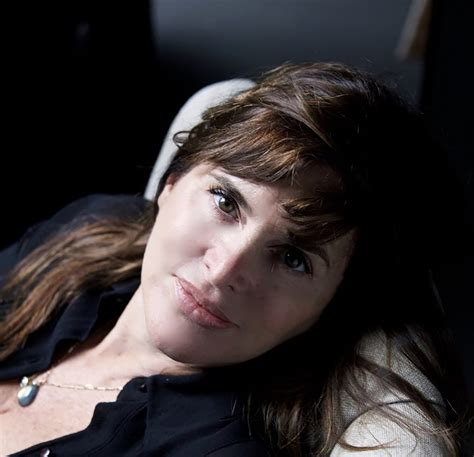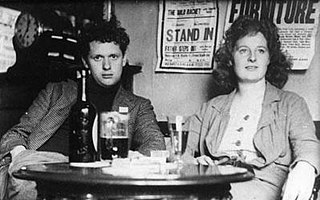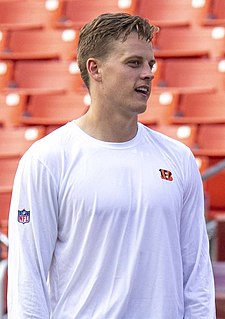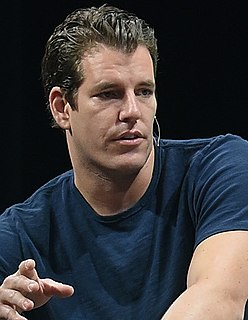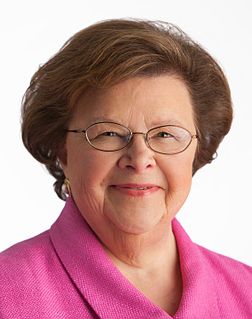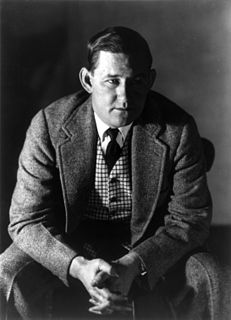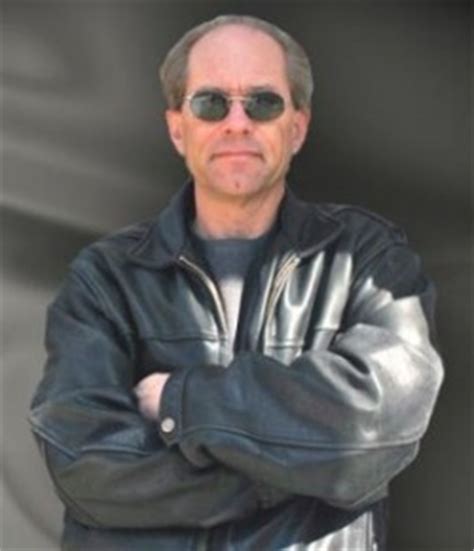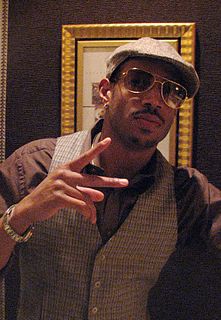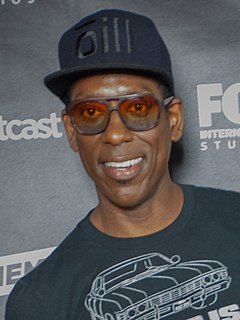Top 1200 Poor Neighborhoods Quotes & Sayings
Explore popular Poor Neighborhoods quotes.
Last updated on April 14, 2025.
One of life's intriguing paradoxes is that hierarchical social order makes cheap rents and outré artists' colonies possible. Raffish bohemian neighborhoods flourished in the days of racial segregation; under integration the artistic poor have no safe places in which to create.... If America lacks a vigorous culture it is partly because studios and ateliers have become crack houses.
I lived in a little working-class town that had no black neighborhoods at all - one high school. We all played together. Everybody was either somebody from the South or an immigrant from East Europe or from Mexico. And there was one church, and there were four elementary schools. And we were all, pretty much until the end of the war, very, very poor.
It is easy to say that there are the rich and the poor, and so something should be done. But in history, there are always the rich and the poor. If the poor were not as poor, we would still call them the poor. I mean, whoever has less can be called the poor. You will always have the 10% that have less and the 10% that have the most.
So one of the profound things we found when studying these congregations, the mixed ones, is just how much overlap and interracial ties that develop not only with the people in the congregation, but they start meeting each other's families, and their friends, and they go to each other's neighborhoods if they live in different neighborhoods, and at work they meet people they wouldn't otherwise met, and so it creates a whole new definition of what the group is.
I understood it was a poor area when I was young because you're driving through it and you see these low-income homes that I hadn't really seen before. I'd lived in upper-middle-class neighborhoods before we moved to Athens and The Plains. You understand, but you don't really understand the magnitude until you get older.
Modern elites live in bubbles of liberal affluence like Ann Arbor, Brookline, the Upper West Side, Palo Alto, or Chevy Chase. These places used to have impoverished neighborhoods nearby, but the poor people got chased out by young singles living in group homes, hipsters, and urban homesteading gay couples.
In the world of development, if one mixes the poor and the nonpoor in a program, the nonpoor will always drive out the poor, and the less poor will drive out the more poor, unless protective measures are instituted right at the beginning. In such cases, the nonpoor reap the benefits of all that is done in the name of the poor.
The schools that suffer are the schools in, in poor neighborhoods. They are the neighborhoods with the greatest need, with the parents struggling to work and to make ends meet. They don't have enough resources to give, they don't have enough resources to pay more, and these are the neighborhoods that go first.
If we are all endowed by our creator with the right to pursue happiness, that has to apply to the poorest neighborhoods in the poorest counties, and I am prepared to find something that works, that breaks us out of the cycles we have now to find a way for poor children to work and earn honest money.
One consequence of racism and segregation is that many American whites know little or nothing about the daily lives of African Americans. Black America's least-understood communities are those poor, hyper-segregated places we once called ghettos. These neighborhoods are not far away, but they might as well be on the moon.
If the "rich" were swarming into poor neighborhoods and beating the poor until they coughed up the dimes they swallowed for safekeeping, yes, this would be a transfer of income from the poor to the rich. But allowing taxpayers to keep more of their money does not qualify as taking it from the poor - unless you believe that the poor have a moral claim to the money other people earn.
I don't want there to be this separation between the rich and poor. I may be part of the three percent because I've been fortunate and done well for myself, but I will never forget about the 97 percent. That was me growing up. I was so poor I dreamt about being just 'regular poor,' not 'poor, poor.'
There was a guy that was friends with my father, a very well-known and powerful hustler on the Eastern seaboard. He was a very interesting guy who would literally rent a passenger van and would take the poor kids from the ghettos and black neighborhoods down to the sporting goods store and just spend money. Buy them whatever they want.
For me, growing up in a ridiculously poor family living in dead-end neighborhoods, Superman was a deeply personal icon, one that said you can do anything if you put your mind to it. What he stood for formed the core of who I wanted to be as I grew up, and informed how I view the world and my responsibilities to other people.
When you live in a poor neighborhood, you are living in an area where you have poor schools. When you have poor schools, you have poor teachers. When you have poor teachers, you get a poor education. When you get a poor education, you can only work in a poor-paying job. And that poor-paying job enables you to live again in a poor neighborhood. So, it's a very vicious cycle.
America is the wealthiest nation on Earth, but its people are mainly poor, and poor Americans are urged to hate themselves... It is in fact a crime for an American to be poor, even though America is a nation of poor. Every other nation has folk traditions of men who were poor but extremely wise and virtuous, and therefore more estimable than anyone with power and gold. No such tales are told by American poor. They mock themselves and glorify their betters.
The images that people see in the media of black people - whether journalistic or narrative - remain horrible. And those images, combined with the lack of respect among black people in the poorer neighborhoods for themselves, and the part the police and other people coming into those neighborhoods play, it creates no value for life.


